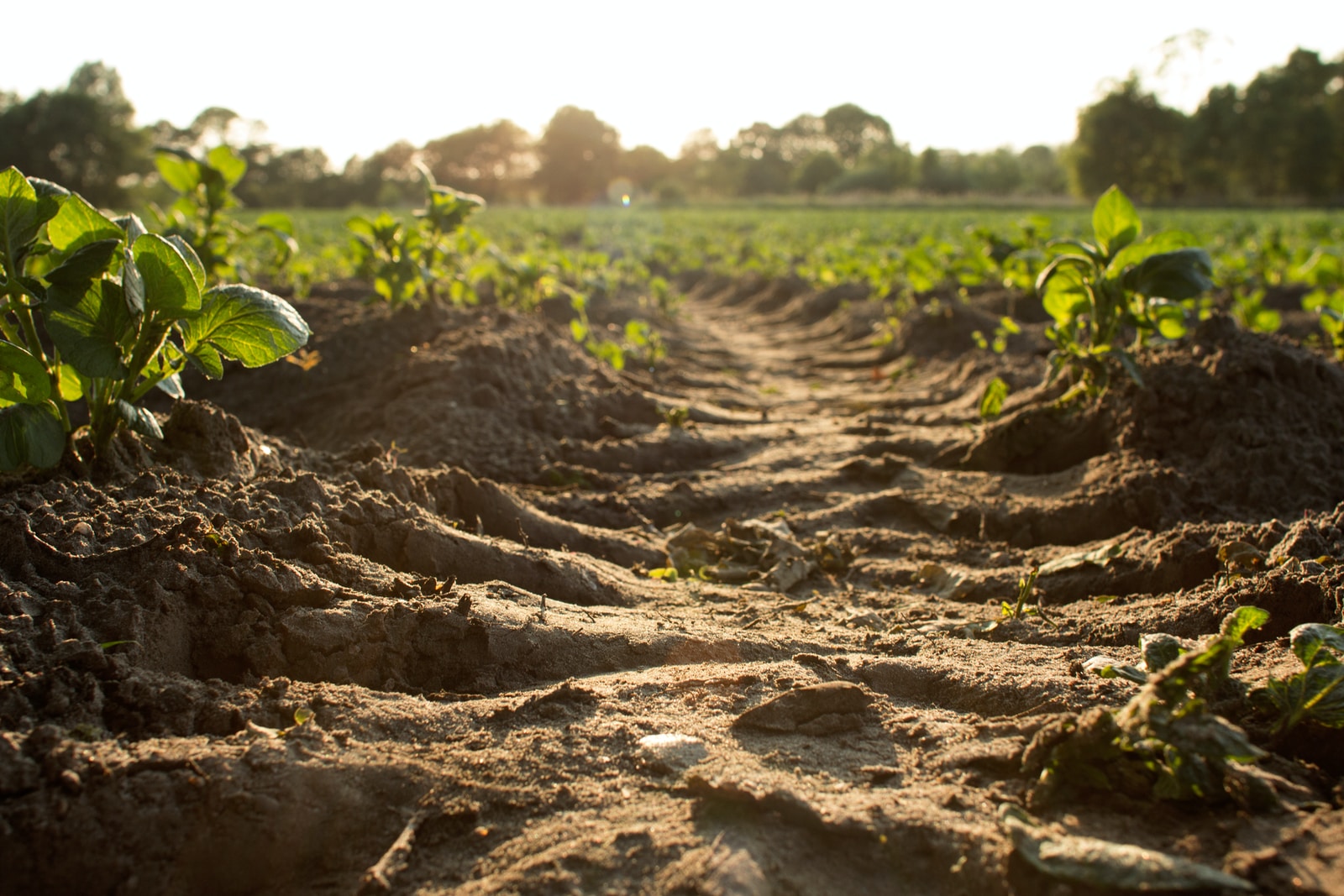Composting is the natural process of recycling organic matter, such as food scraps and leaves, into valuable fertilizer that can enrich soil and plants. Anything that grows decomposes naturally; composting simply speeds up the process.
However, when food scraps enter the landfill, a lack of oxygen prevents decomposition and creates an environment where methane is produced in large amounts. Although most modern landfills have capture systems, these do not capture all of the gas. In fact, landfills are the third-largest source of human-generated methane emissions in the U.S.
STAY INFORMED
Compost is great for your lawn – it improves soil structure, retains moisture, and fertilizes plants!
Composting requires only a few basics: “greens,” “browns,” water, and oxygen. A proper balance of nitrogen-containing green organic materials, such as grass clippings and food scraps, and carbon-containing brown organic materials, such as dry leaves or wood chips, along with some water is all that is needed. Finding the right mix of nutrients is the art and science of composting. It can also be fun!
There are many resources to learn more about composting and how to get started. Here are just a few:
Learn how to compost!
Composting in Westport
There are several ways to rescue your food scraps and convert them to compost in Westport.
Hire a licensed food scrap hauler
Don’t want to compost at home? Use a food scrap pick-up service! For about the same cost as a latte once a week, you can have your food scraps picked up from your driveway! And the food scrap hauler will accept ALL food waste, including bones, shells, meat and other animal products. There are two licensed food scrap haulers servicing Westport:
Action Waste Solutions and Curbside Compost
Visit their websites for program information and costs.
When signing up, mention Sustainable Westport in the comments section to get a one month discount from Curbside Compost. Include the coupon ZEROWASTEWSPT for a free month and a starter kit from Action Waste Solutions.
TIP
When it comes to composting, smaller pieces will break down faster.
Drop food scraps at the Westport Transfer Station
The Westport Transfer Station (300 Sherwood Island Connector) accepts ALL food scraps! All you need is a covered container to collect and transport your food scraps to the Food Waste Drop-Off Area during regular hours of operation. The material is then brought to a commercial compost facility and turned into compost.
What food scrap items are accepted at the Westport Transfer Station?
You can compost ALL FOOD, including:
- Fruits and vegetables (remove stickers, bands, and ties)
- Meat and poultry (bones OK)
- Fish and shellfish (shells OK)
- Dairy products
- Bread and pasta
- Rice and grains
- Eggs and eggshells
- Chips and snacks
- Nuts and seeds
- Leftover, spoiled and expired foods (cooked OK)
- Teabags (no staples or nylon mesh bags)
- Coffee grounds (paper filters OK)
- Paper towels and napkins used for food clean-up (none used with cleaning products)
- Cut flowers
- BPI Certified compostable bags and paper bags with food scraps in them
Items that are NOT accepted:
- Twist ties, elastic bands, or stickers on fruit
- Plastic bags, plastic packaging, and wrappers
- Baby wipes/ hand wipes
- Diapers
- Glass, metal or plastic
- Pet waste or kitty litter
- Styrofoam
- Yard waste
- Nylon mesh tea bags, staples
- Fireplace ash
Compost at home
Are you a home gardener or looking to become one? Composting at home may be right for you! It’s a great way to get the whole family involved.
Here are some helpful resources to get you started:
Anyone Can Compost – This informative guide by Wakeman Town Farm explains how to get started and explains different composting methods so you can choose the one that works best for you.
Composting is Way Easier Than You Think – This NRDC resource teaches how to set up your space and details what you can and cannot compost.
Composting at Home – This Environmental Protection Agency (EPA) site offers tips on backyard and indoor composting.
I Want to Compost But… – Frequently asked questions are answered here! Everything from how to prevent “smelly” compost to how often to “turn your pile.”
The Compost Story (video) – Learn more about composting by watching this informative and interesting video.
What about compostable serviceware?
Contact your food scrap hauler for clarification, as different items are accepted by each hauler. Compostable serviceware is not accepted at the transfer station at this time. The best solution? Use serviceware that can be washed and reused.
Where do my food scraps go?
All food scraps collected in Westport go to one of two sites – New Milford Farms in New Milford, CT, or Quantum Biopower in Southington, CT.
Each facility uses a different composting method, either aerobic (in the presence of oxygen) or anaerobic (in the absence of oxygen). Consequently, they require slightly different materials and yield different products. Learn more about New Milford Farms and Quantum Biopower.
